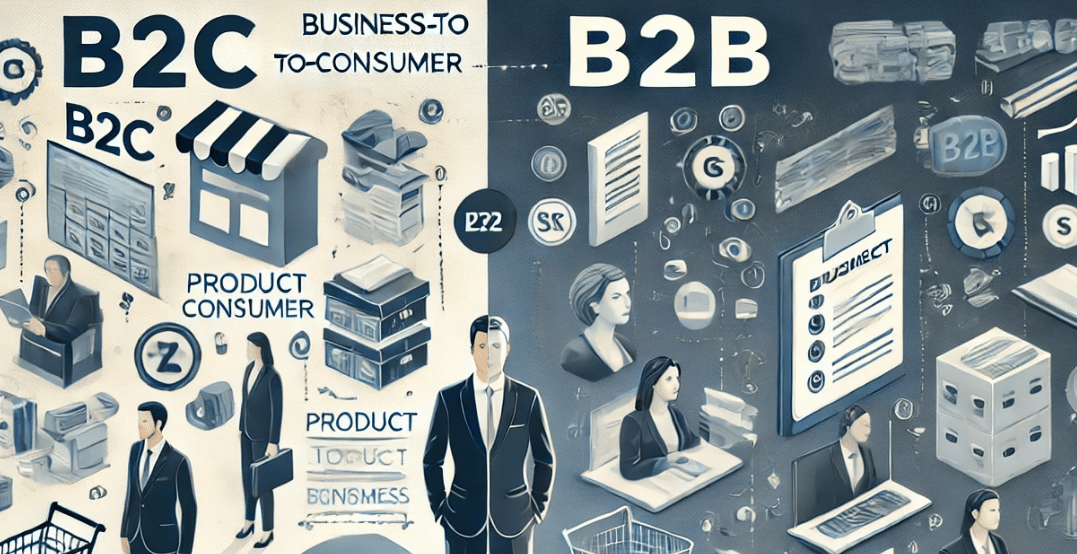Are you currently selling to individual consumers (B2C) in France and considering refocusing your e-commerce website towards professional clients (B2B)?
Below is a brief overview of the key changes that may affect your Terms and Conditions of Sale (T&Cs) if you plan to shift from a B2C to a B2B model in the French Market:
1. Mandatory or optional
- B2C: Under French law, it is mandatory to provide your T&Cs to consumers before any transaction
- B2B: T&Cs are only mandatory if requested by the professional client. However, in practice, it is strongly recommended to systematically provide them prior to any sale.
2. Language
- B2C: A French version of the T&Cs is mandatory (as per the Toubon Law). For international B2C sales, it is highly recommended to translate the T&Cs into the language of each target market
- B2B: There is no legal obligation to translate the T&Cs. However, forthe sake of contractual security, it is advisable to provide at least a French and an English version to facilitate court proceedings in the event of litigation
3. Content
3.1 B2C
B2C T&Cs are subject to more comprehensive and detailed requirements, including:
- Product or service descriptions,
- Sales or service terms (pricing),
- Order and payment information,
- Delivery and service execution terms,
- Information on withdrawal rights for distance purchases,
- Payment terms and late payment penalties,
- Descriptions of the seller’s and consumer’s responsibilities,
- Data protection, intellectual property, and other applicable clauses,
- Legal warranties for conformity and hidden defects,
- Governing law and information on dispute resolution,
- Pre-contractual information
You have less flexibility with B2C T&Cs compared to B2B. For instance, you must comply with statutory legal warranties, you cannot choose the court in case of a dispute, and you are prohibited from including certain clauses (“clauses abusives”) that limit the seller’s obligations or reduce the consumer’s rights.
3.2 B2B
Certain clauses are mandatory:
- Payment terms: payment deadlines, late payment penalties, etc.
- Pricing calculation method or a detailed quote.
- Commercial discounts: rebates, reductions, etc.
- Governing law and information regarding the resolution of disputes.
Unlike B2C, B2B T&Cs allow more flexibility in including limitation of liability, jurisdiction clauses, and warranty exclusions.

